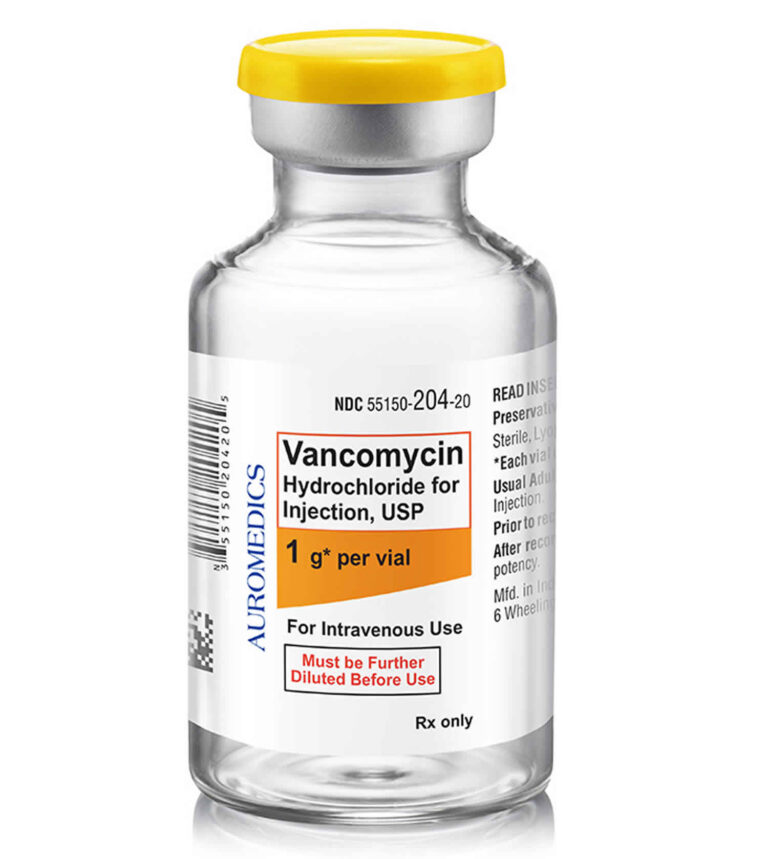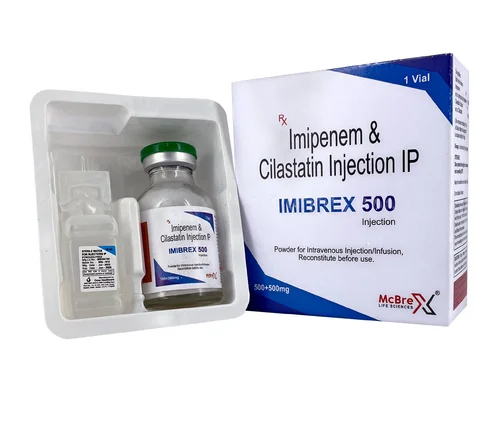Disease Management
Disease management is a systematic approach to managing chronic diseases. It focuses on improving patient outcomes through coordinated care. The goal is to control symptoms, reduce complications, and enhance quality of life. It involves healthcare teams working together to create personalized treatment plans.
The importance of this topic is significant. It helps reduce hospital admissions and healthcare costs. Proper strategies can prevent disease progression and improve patient adherence to treatment plans. It also promotes better health literacy, empowering patients to manage their conditions.
Key topics include patient education, medication plan, and lifestyle modification. Patient education teaches individuals about their condition, treatment options, and self-care strategies. Medication plan ensures proper drug use and prevents medication errors. Lifestyle modification includes guidance on diet, exercise, and stress management.
Other topics in disease management include monitoring disease progression and preventing complications. Healthcare teams regularly assess patients’ conditions to adjust treatments. It also involves managing comorbidities and coordinating care among different specialists.
Chronic diseases like diabetes, heart disease, and asthma require effective disease management. By focusing on comprehensive care, disease management improves long-term health outcomes. It helps patients live healthier, more fulfilling lives while minimizing the burden of chronic conditions.












